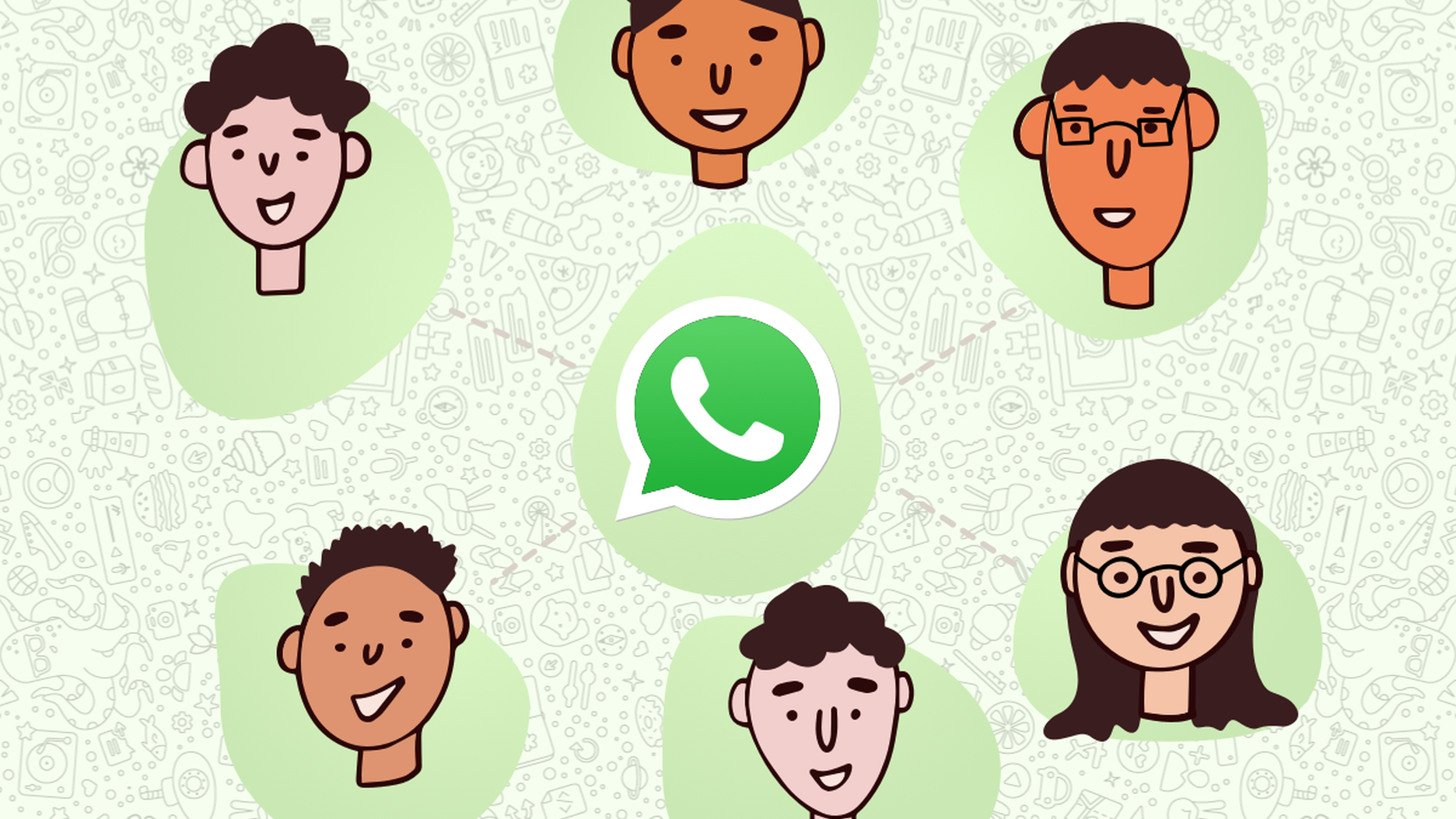Starting a podcast has never been easier. Tools like Anchor make it quick, simple, and free to upload audio and make it available for everyone to hear. But going live means going public, and could mean committing before you’re ready.
Also, you know that if you want to do it right, you probably need the right gear and maybe a media host that works outside of Spotify. Soundcloud is an option but still means creating an account, sending out the link and hoping people listen.
A podcast – even a pilot episode – comes with expectations of a certain level of quality. But you can bypass all of that, record on your phone, host your audio for free, and send it just to the people who you want to hear it.
Hello, WhatsApp
WhatsApp is the SMS alternative used by millions around the world. It’s free, quick and easy to install, and conversations are end-to-end encrypted. Yes it’s owned by Facebook, but that end-to-end bit means they can’t peek.
Recording voice messages in WhatsApp is as simple as holding down the mic button. And if you want something edited, you can drag an audio file from your computer.
Setting up a private listening group
You can create a group in WhatsApp which you share with two or more contacts. You can even give out a link for people to join if you have their email address but not their phone number.
Once you have something to share, you can drop your audio into the group for people to check out. If you want them to give feedback, they can reply to your voice note directly – creating a thread – or just leave a message normally.
If you just want to create something that feels like a podcast, you can make the group read-only for non-admins. That means that only you can post messages to it. That way, people can follow the podcast, get new episodes once they’re ready, and not have to deal with any other chat.
If you want to move a bit faster, WhatsApp is available on the web and as a download for your Mac or Windows PC. And if you’re committed to doing something like this long term, you can make the group read-only and open up a second one for people to discuss each episode.
Why is this useful?
The most important for a podcast is the audience and the content that serves it. Production values, editing, and all those other considerations come later. Podcasting for a select few lets you focus on getting better at the important bits. That could mean
-
writing and researching your episodes
-
reading aloud without sounding stilted
-
putting your thoughts in order
-
staying on message
-
not being boring
These are elements of the craft that can get in the way when you’re also worrying about things like artwork and show notes. A closed group of people who already know and support you can provide useful feedback to help you improve. A simple way to judge that is looking at the number of messages each voice note produces. If you record and upload something and it doesn’t get many responses after a few days, maybe it wasn’t that engaging. But when you hit an idea that gets everyone talking, you’ll know you’re on to something.
Of course, if you wanted to make a paid-for or private podcast, this is a quick hack that will get you there. It’s not necessarily sustainable, so not a long-term strategy.
But if you have an idea for something and want to test it out with a few people, a WhatsApp listening group will serve you well for a good few months. Delivering consistently and showing up for your group are perfect podcast practise. But WhatsApp’s closed nature and simplicity mean you don’t have to dive in with both feet.
Some other things to note
-
You might be limited as to how long you can record on your phone. Plus you might not want to hold a thumb on your screen for half-an-hour!
-
Your file size might be capped at 18mb. If you’re using an audio editor, export your audio in low quality as a mono file. That will keep the file size down.
-
Remember that people can still download your audio files from WhatsApp, even in a private read-only group.
Another way to get feedback on your idea
This idea stemmed from a chat with the sparkling Anya Pearse, a member of our community. If you want a space where you can discuss your first or next big podcast project, you can join us free for 7 days.

Add your response